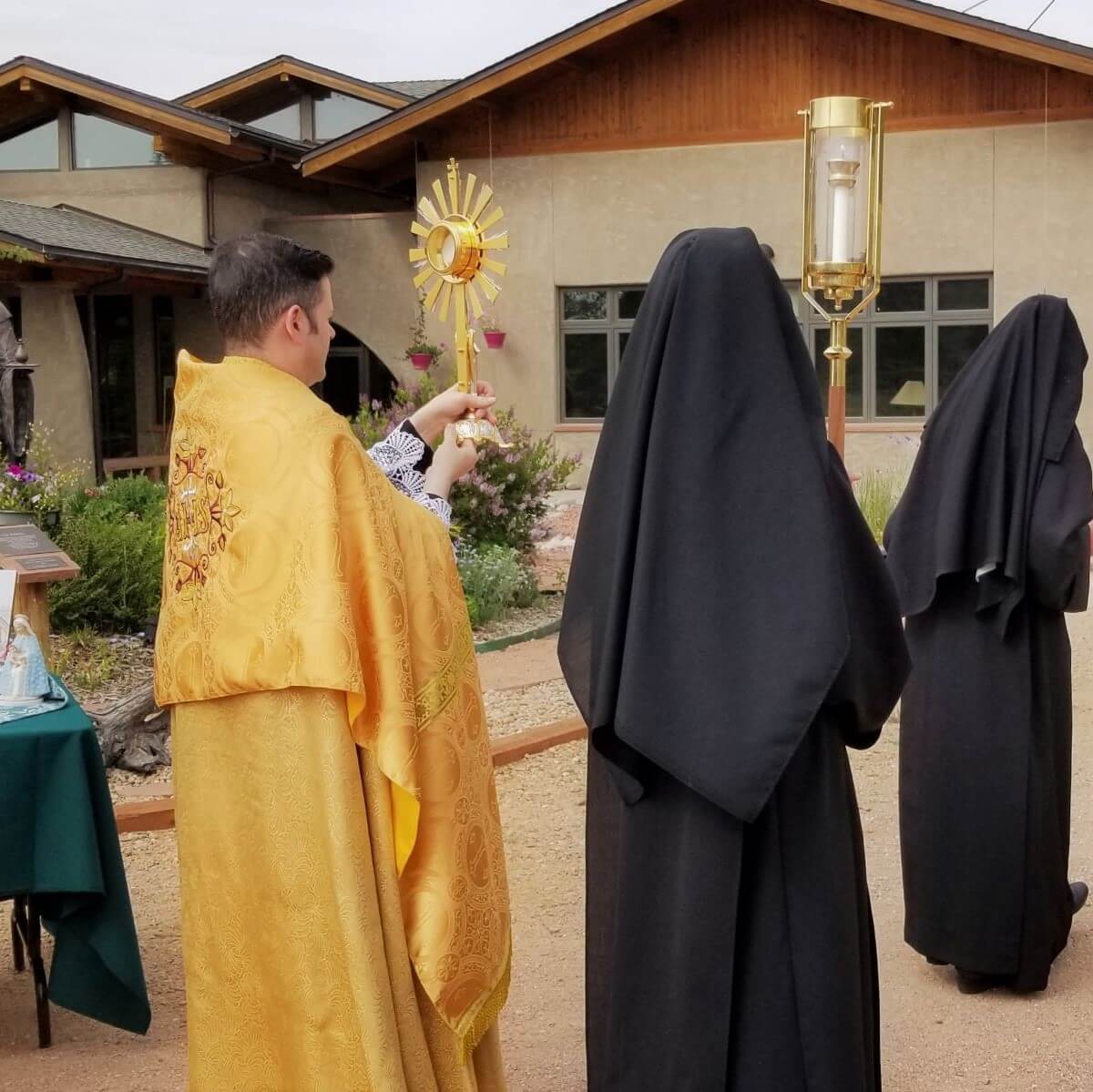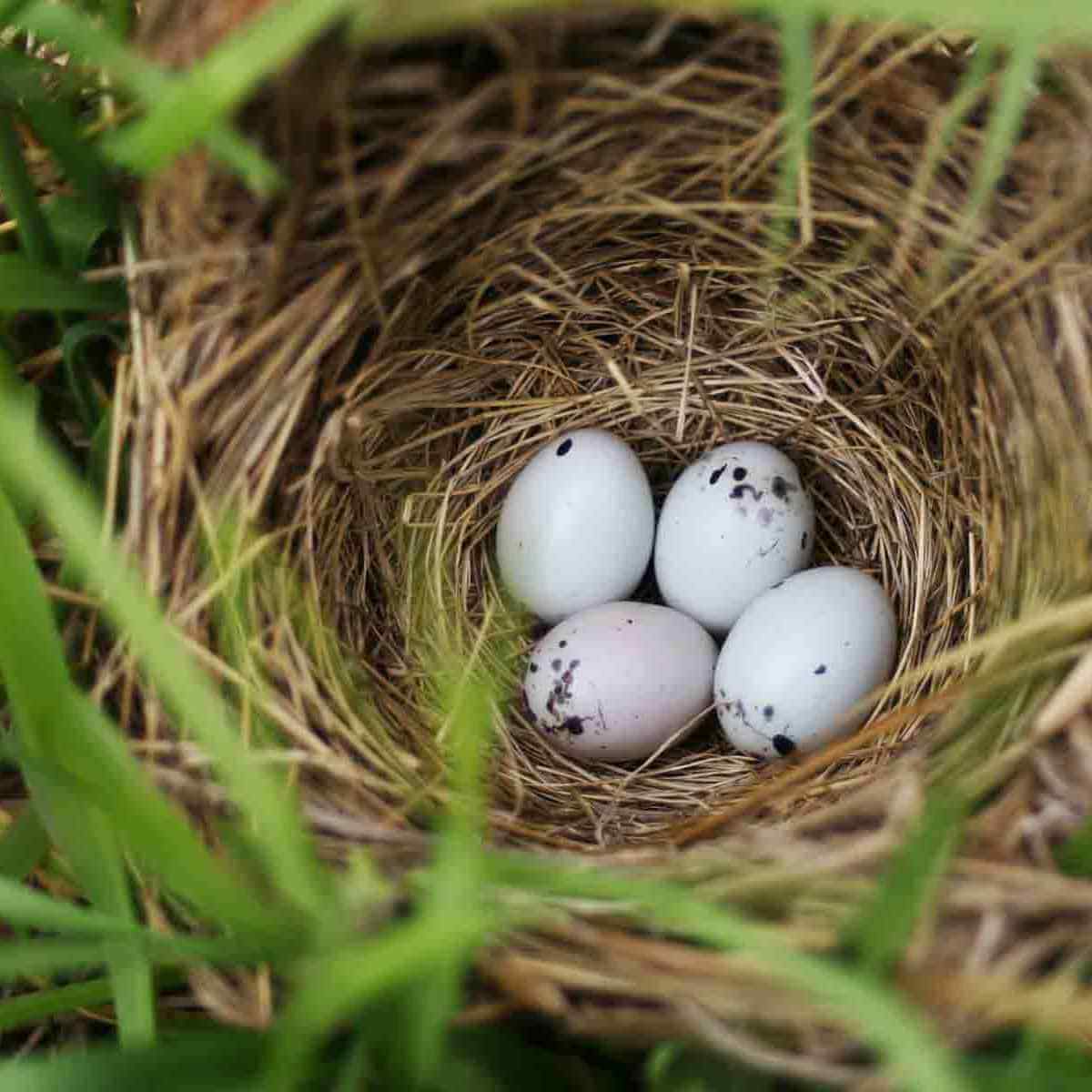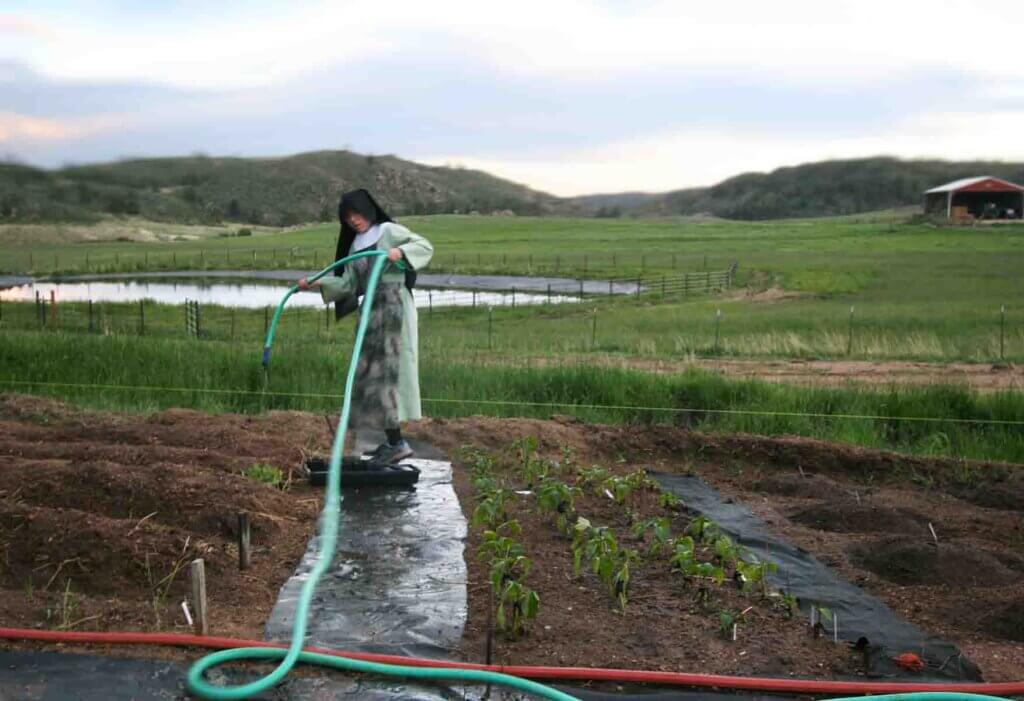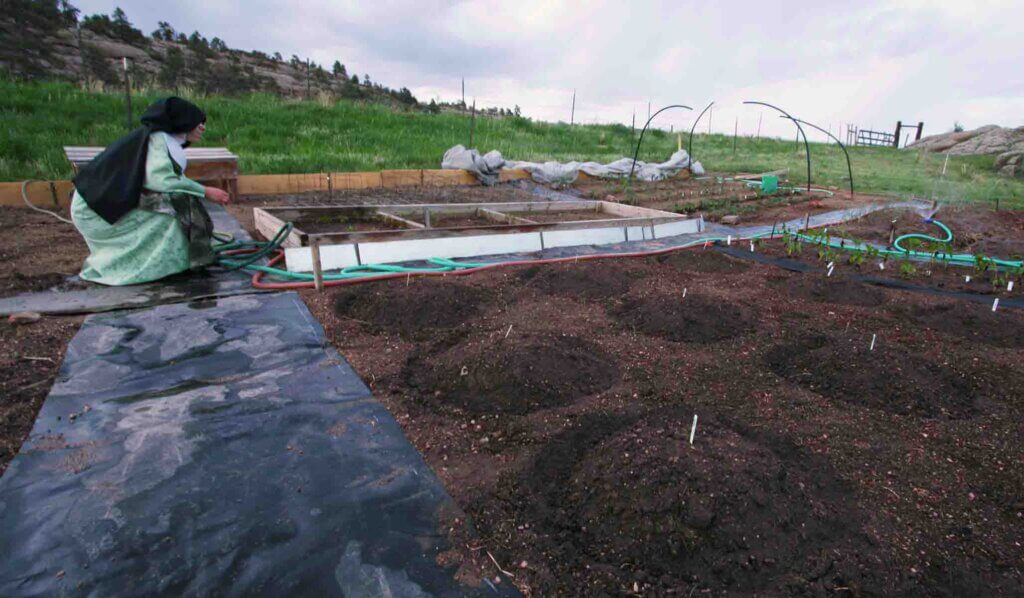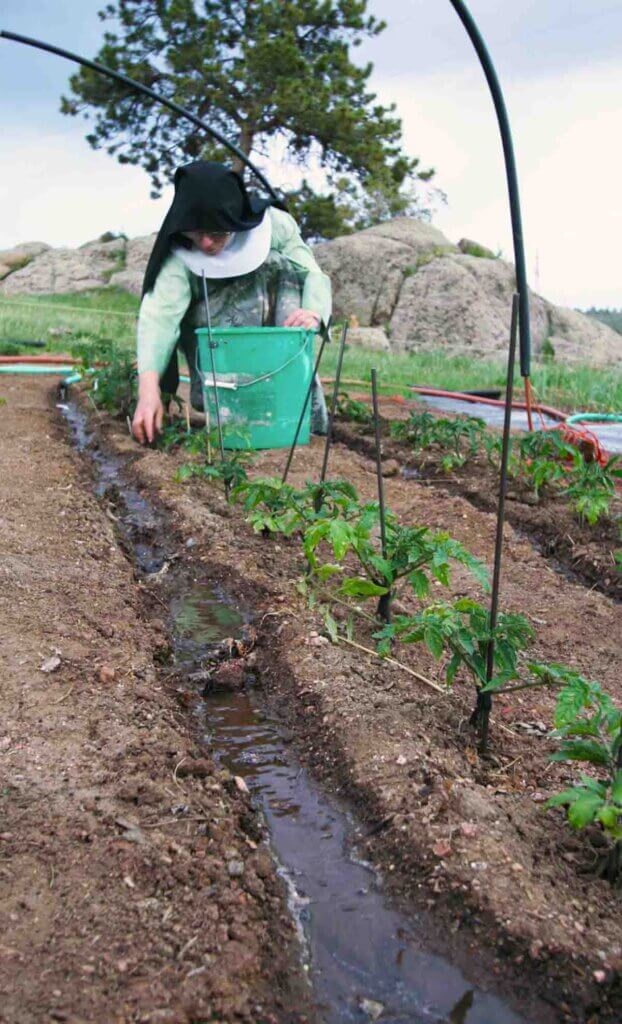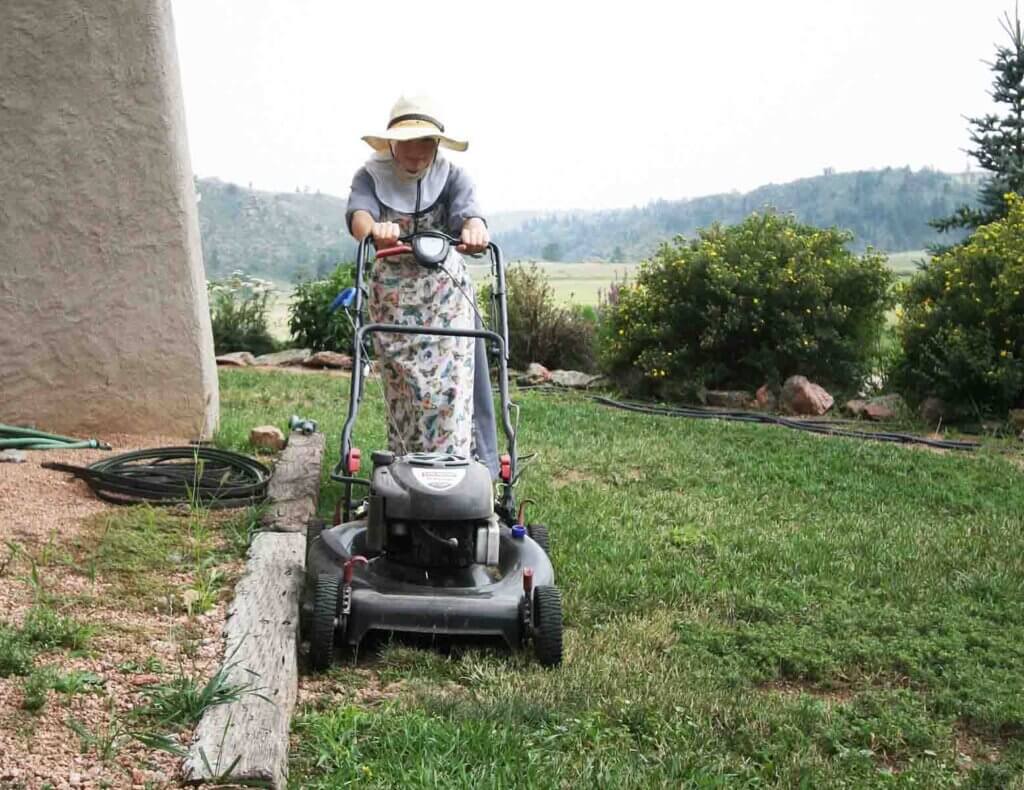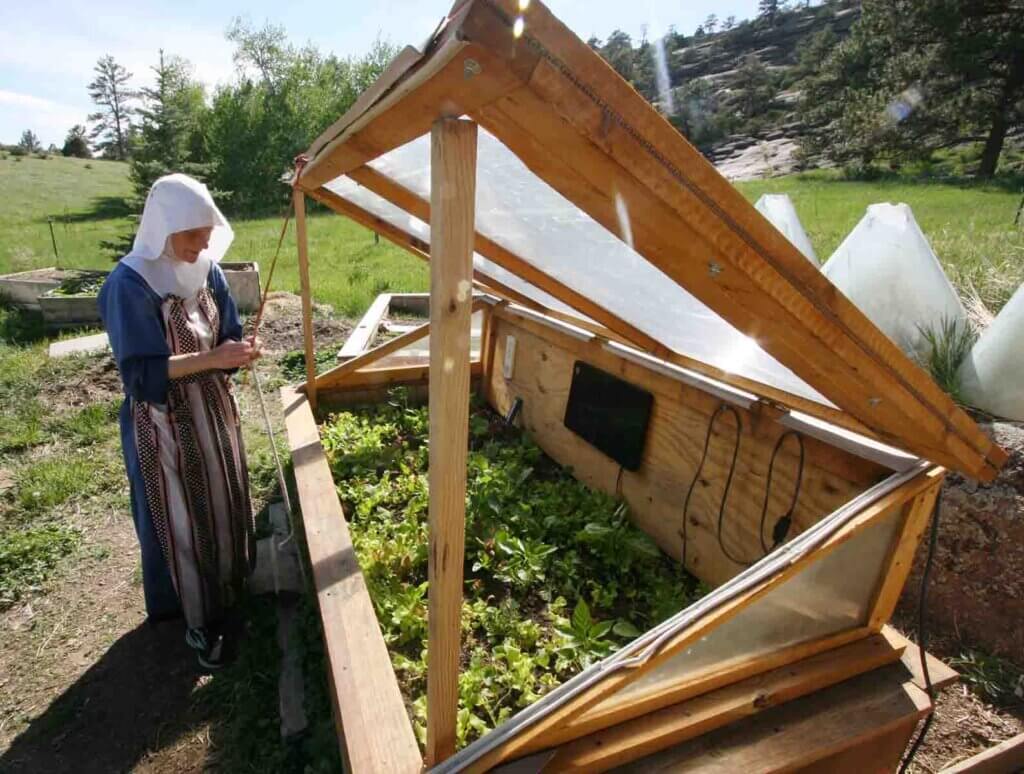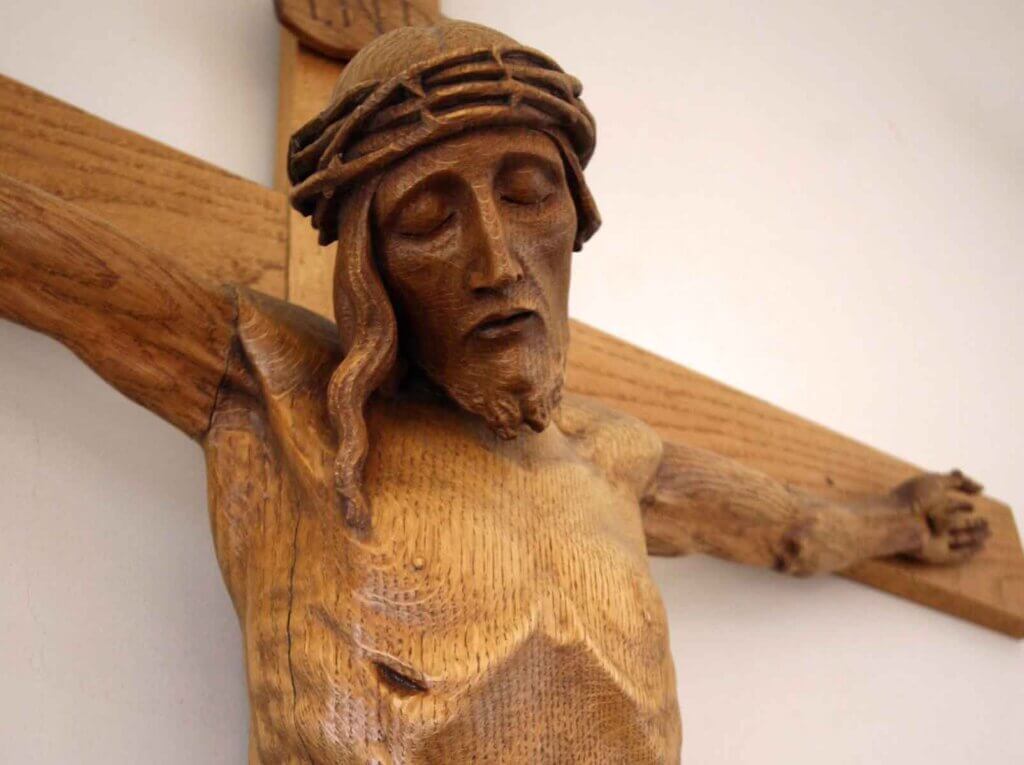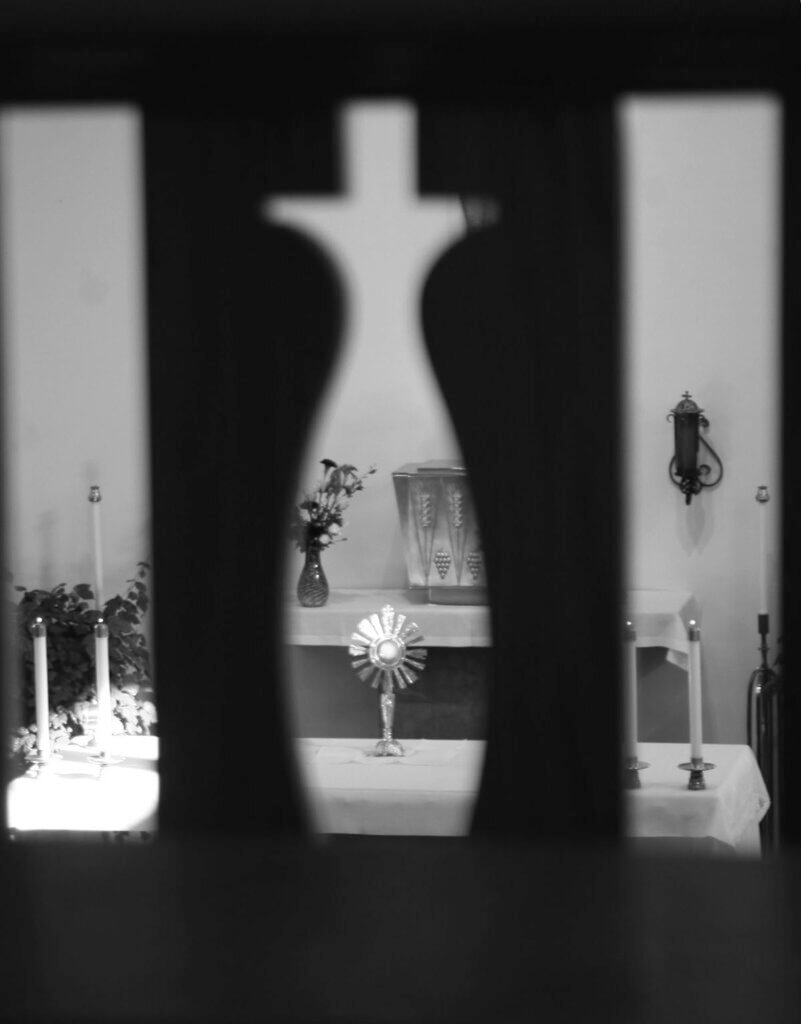A reflection for the Solemnity of Corpus Christi by Mother Maria-Michael Newe, OSB
Around the year 90 AD, the Didache recounts how important the Eucharistic celebration was for the early Christians:
“On the Lord’s Day of the Lord gather together, break bread and give thanks, after confessing your transgressions so that your sacrifice may be pure. Let no one who has a quarrel with his neighbor join you until he is reconciled by the Lord: ‘In every place and time let there be offered to me a clean sacrifice.”
Also, around 110 AD, St. Ignatius of Antioch wrote beautifully of the Eucharist:
“I have no taste for corruptible food nor for the pleasures of this life. I desire the Bread of God, which is the flesh of Jesus Christ, who was of the seed of David; and for drink I desire His Blood, which is love incorruptible.”
(Letter to the Romans 7:3)
“Take care, then, to use one Eucharist, so that whatever you do, you do according to God: For there is one flesh of Our Lord Jesus Christ, and one cup in the union of His Blood; one altar, as there is one bishop with the presbytery…”
(Letter to the Philadelphians 4:1)
“They [i.e. the Gnostics] abstain from the Eucharist and from prayer, because they do not confess that the Eucharist is the flesh of our Savior Jesus Christ, flesh which suffered for our sins and which the Father, in his goodness, raised up again.”
(Letter to Smyrnians 7:1)
And of course we have St. Justin Martyr’s (c. 100-165 AD) account of the Eucharistic celebration:
“For not as common bread nor common drink do we receive these; but since Jesus Christ our Savior was made incarnate by the word of God and had both flesh and blood for our salvation, so too, as we have been taught, the food which has been made into the Eucharist by the Eucharistic prayer set down by Him, and by the change of which our blood and flesh is nourished, is both the flesh and the blood of that incarnated Jesus.”
(First Apology, 66)
Origen (185-254 AD) writes of the care and concern for every particle of the Eucharist, that it would not fall on the ground:
“You are accustomed to take part in the divine mysteries, so you know how, when you have received the body of the Lord, you reverently exercise every care lest a particle of it fall, and lest anything of the consecrated gift perish….how is it that you think neglecting the word of God a lesser crime than neglecting his body?”
(Homilies on Exodus 13:3)
Oh that we had that much care and concern as the Church fathers and early Christians did for the Eucharist. But it begins with seeds. If a field has been heavily trampled upon, farmers have to re-seed it. It strengthens the old seed and makes it come up reinvigorated. We should be that seed. If we show reverence, adore the Eucharist, forgive everyone before we receive Him, have faith and belief, and most especially love, we plant the seeds to reinvigorate the Church. We should not be afraid to be vulnerable – even though it is the thing we most often want to run away from, it is often how God uses us most powerfully. If we learn to embrace this, we are like the seed that dies and is broken open, so that it may flourish. Become a seed. Become a saint. That is what God is looking for to reinvigorate His Church, that it may flourish.
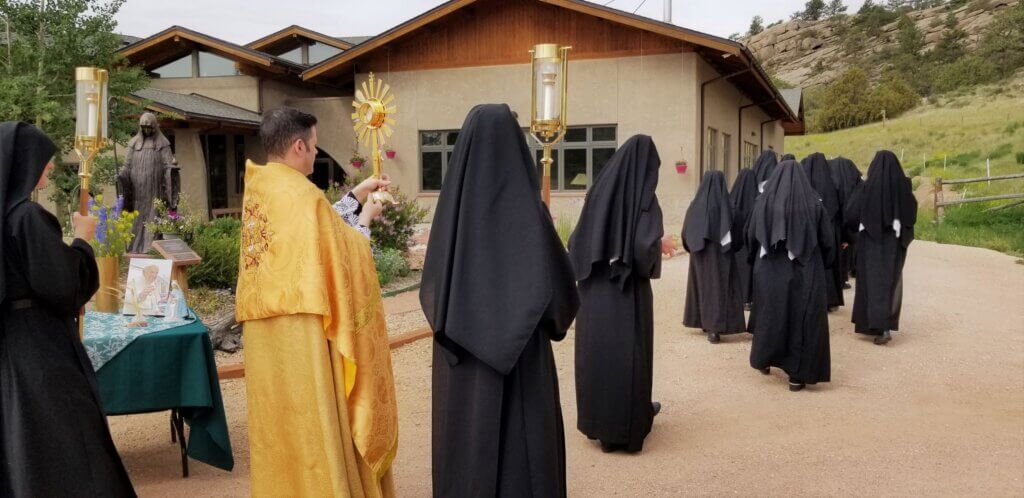
Last year’s Corpus Christi procession at the Abbey of St. Walburga

